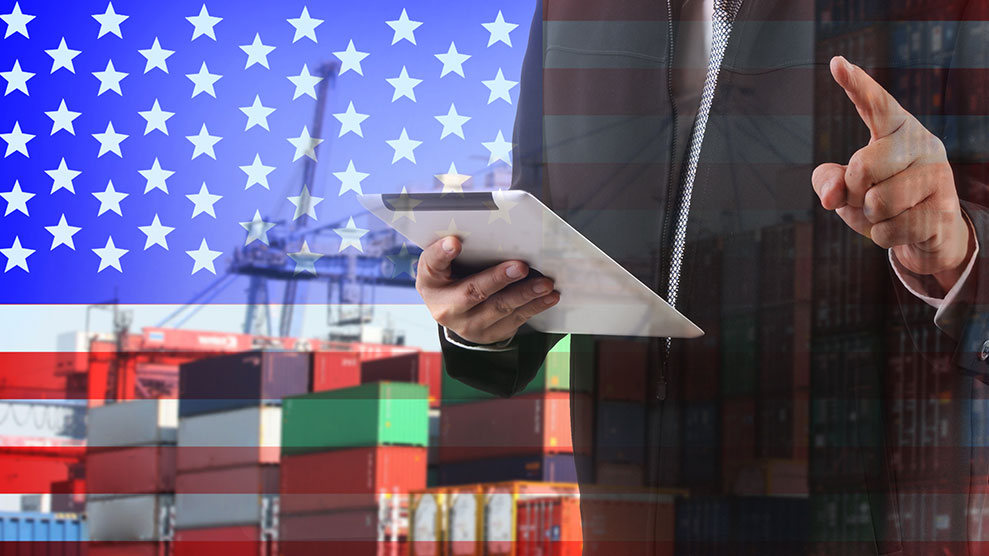Learn about USPPI Law, the Exporter of Record (EOR) and Importer of Record (IOR) roles, and how to navigate import documentation, customs clearance, and free trade agreements (FTAs) in international trade.
Introduction to USPPI Law for Exporting Out of the USA
When it comes to exporting goods out of the USA, understanding the U.S. Principal Party in Interest (USPPI) law is critical for businesses involved in international trade. The USPPI Law outlines the Exporter of Record (EOR) and Importer of Record (IOR) responsibilities, ensuring that exporters comply with customs clearance regulations and import documentation requirements. This article will walk you through the essential aspects of international trade compliance, how to manage export documentation, and how free trade agreements (FTAs) can impact your business.
What is the USPPI Law for Exporters?
The U.S. Principal Party in Interest (USPPI) is the entity or individual in the U.S. who owns or has legal title to the goods being exported and is responsible for initiating the export process. Under USPPI Law, businesses must ensure proper documentation is filed with U.S. Customs and Border Protection (CBP) and the U.S. Census Bureau. As an exporter, the Exporter of Record (EOR) ensures that all international shipping documents are submitted, and that the shipment complies with U.S. export regulations.
By understanding the Exporter of Record (EOR) and Importer of Record (IOR) roles, businesses can avoid costly delays and penalties when exporting or importing goods.
The Role of the Exporter of Record (EOR)
The Exporter of Record (EOR) plays a critical role in ensuring that goods are legally cleared for export and comply with U.S. export regulations. The EOR’s responsibilities include:
- Filing Electronic Export Information (EEI) through the Automated Export System (AES).
- Submitting essential export documentation, such as commercial invoices, bills of lading, and certificates of origin.
- Ensuring compliance with U.S. export control laws, including adhering to export sanctions and trade restrictions.
For businesses looking to export goods from the U.S., the EOR is a key player in making sure that all legal requirements are met.
The Role of the Importer of Record (IOR)
In international trade, the Importer of Record (IOR) is responsible for ensuring that imported goods comply with the regulations of the destination country. Key responsibilities of the IOR include:
- Submitting import documentation to customs authorities.
- Ensuring that applicable customs duties and taxes are paid on imported goods.
- Ensuring that the imported goods meet the regulatory standards of the destination country.
The Importer Of Record IOR is a critical partner in the import process, ensuring that shipments clear customs without delay.
Key Import Documentation for Exporting and Importing Goods
Proper import documentation is vital for both exporters and importers to ensure a smooth flow of goods across borders. Important documents include:
- Commercial Invoice: A list of all goods being shipped, showing value and quantity.
- Packing List: Detailed listing of the goods and their packaging.
- Bill of Lading: A contract between the shipper and carrier that serves as proof of receipt of goods.
- Certificate of Origin: A document certifying the country where the goods were manufactured.
- Export License: Required for certain goods based on U.S. regulations.
These documents are essential to facilitate customs clearance and ensure compliance with international trade regulations.
Navigating Customs Clearance and International Trade Compliance
Customs clearance is a key element of international shipping, and it’s crucial to understand the steps involved for both export and import operations.
For the Exporter of Record (EOR), customs clearance involves ensuring that all international shipping documents are in order. The Importer of Record (IOR) is responsible for complying with the customs regulations of the destination country.
International trade compliance involves understanding U.S. regulations, including export restrictions, and international trade agreements. Compliance with Harmonized Tariff Schedules (HTS), sanctions laws, and free trade agreements (FTAs) is vital to ensure the smooth flow of goods across borders.
Free Trade Agreements (FTAs): Maximizing Trade Benefits
The United States has numerous free trade agreements (FTAs), including:
- USMCA (United States-Mexico-Canada Agreement): Facilitates smoother trade between the U.S., Canada, and Mexico.
- KORUS (Korea-U.S. Free Trade Agreement): Helps promote trade between the U.S. and South Korea.
- CAFTA-DR (Central America-Dominican Republic Free Trade Agreement): Encourages trade with countries in Central America.
These FTAs help reduce tariffs and provide businesses with easier access to foreign markets. Understanding how to qualify for these agreements can reduce customs duties and streamline the import/export process.
Case Study: How Global4PL Streamlined the Export and Import Process
Background: A U.S.-based company faced challenges when exporting products to Canada and Mexico under the USMCA. They were unfamiliar with EOR and IOR responsibilities, and import documentation was causing delays. Global4PL was called upon to streamline the process and ensure compliance with U.S. export regulations and customs clearance procedures.
Challenges:
- Inadequate knowledge of free trade agreements (FTAs) like USMCA.
- Delays due to incomplete international shipping documents.
- Compliance issues with customs clearance.
Solution: Global4PL took the following steps to resolve these issues:
- Exporter of Record (EOR): We assumed the role of EOR, ensuring compliance with U.S. export laws, including filing the EEI via the Automated Export System (AES).
- FTAs: We helped the company qualify their goods under the USMCA, reducing tariffs on their exports.
- Import Documentation: We ensured that all necessary import documentation was accurately completed, facilitating smooth customs clearance.
- Ongoing Support: We provided continued support and training to the company’s logistics team to ensure they met all international trade compliance requirements.
Results:
- 30% faster processing times for exports to Canada and Mexico.
- 15% reduction in tariffs thanks to effective use of USMCA.
- The company was able to avoid customs delays, ensuring timely deliveries to international clients.
Key Takeaways for Exporters and Importers
To stay compliant with USPPI Law and international trade regulations, businesses should:
- Understand the responsibilities of Exporter of Record (EOR) and Importer of Record (IOR).
- Ensure complete and accurate import documentation to prevent delays.
- Take advantage of free trade agreements (FTAs) to reduce customs duties.
- Work with trusted partners to ensure customs clearance and trade compliance are managed efficiently.
Contact Global4PL Today for Expert Trade Compliance Support
At Global4PL, we specialize in helping businesses navigate the complexities of international shipping, customs clearance, and trade compliance. Let us handle your export documentation and customs procedures so you can focus on growing your business.
Contact us today to see how we can simplify your global trade processes and help you stay compliant with all regulations.





